An Iranian man returned to France under the UK’s 'one in, one out' agreement has crossed the Channel again, and is now in detention in the UK. This raises questions about how the new migration deal is working as France reconsiders its approach to sea patrols.
An Iranian man removed to France under the government’s "one in, one out" migration deal has made his way back to Britain by small boat -- highlighting both the human cost and the growing strain on the UK’s cross-Channel partnership with France.
The man, who says he was trafficked and abused by smugglers in northern France, is now being held in immigration detention in the UK.
He told the left-leaning newspaper The Guardian that he had been "terrified" while in France and that he "did not feel safe to stay there," describing being "forced to work, abused and threatened with a gun" before his first Channel crossing.
Read AlsoWhat happens to migrants removed to France under the 'one-in, one-out' deal?
Claims of mistreatment
Maddie Harris, founder of the Humans for Rights Network, recently visited asylum seekers sent to France under the UK-France deal and said many "experienced violence and exploitation perpetrated by smugglers and traffickers."
The organization is currently monitoring the impact of the one for one scheme, remaining in contact with and building connections with those that are removed.
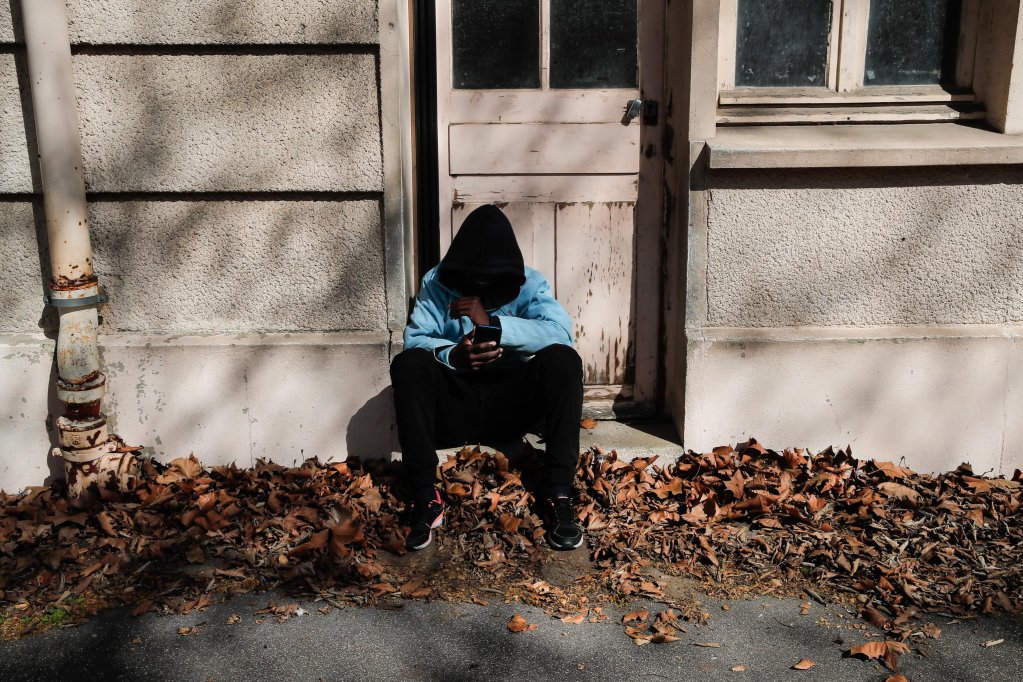
Harris told The Guardian that the men they have spoken to after their removal to France under the ‘one in, one out’ scheme have "spoken of their horror to find themselves back in a country where they do not feel safe."
She added that they have also raised concerns about the many people who have claimed asylum in France who are now "destitute and living on the streets.”
The man’s reappearance in the UK comes as the Labour government faces mounting political pressure over rising small boat arrivals, which this year have already surpassed 2024’s total. Critics say his return underscores the futility of a system that fails to prevent repeated crossings or protect vulnerable people.
Read AlsoUK: Home Office flies back 16 migrants to France on one flight
French cooperation under strain
At the same time, French cooperation on Channel security appears to be faltering.
According to reporting by the BBC, France is backing away from earlier pledges to implement a new "maritime doctrine" that would have allowed patrol boats to intercept overcrowded inflatables at sea and tow them back to shore.
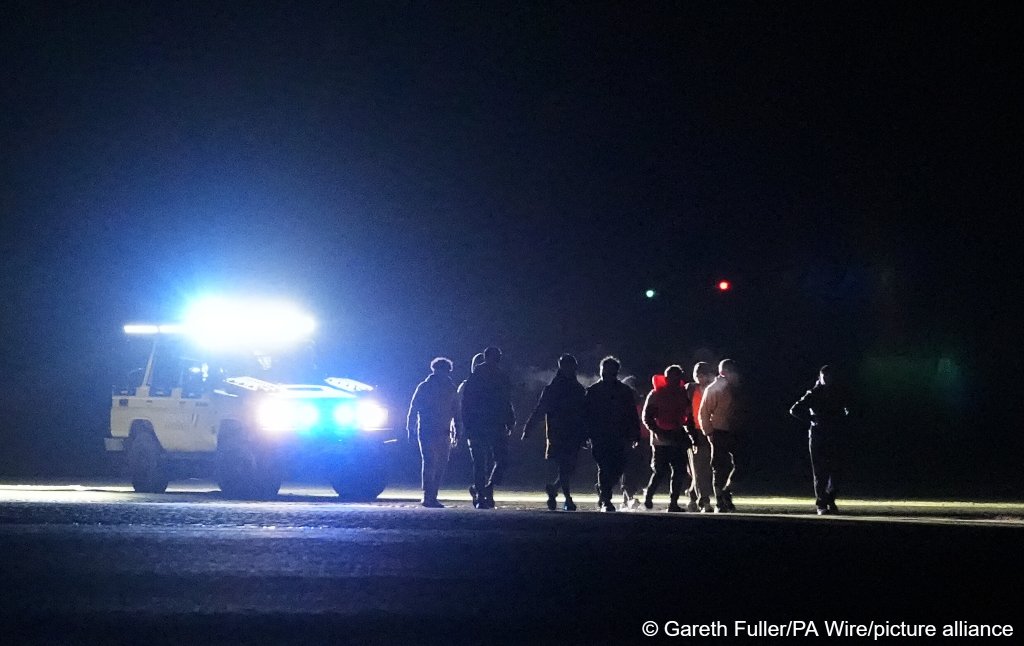
Sources in France have told the BBC the plan was "a political stunt" and that the proposal is now "on hold" amid political upheaval and the recent exit of former interior minister Bruno Retailleau -- who had been instrumental in pushing the tougher policy.
A police union representative, Jean-Pierre Cloez, said the new measures were shelved due to safety concerns and lack of resources. "The rules, for the moment, are the same. There’s no change in the way we do things," he told BBC reporters.
Read AlsoHumanitarian groups challenge UK-France migration deal in French court
Dangerous crossings continue
Meanwhile, boats continue to leave the French coast almost daily, including from canals near Dunkirk. Local residents have reported seeing several inflatables depart in a single day, with police patrols often watching but not intervening.
Volunteer rescue teams say they are increasingly being asked to escort overcrowded boats towards British waters rather than stop them. "Odd as it may seem, if they don’t request assistance, you cannot force them to accept it," Gérard Barron, head of Boulogne’s sea-rescue service, told the BBC. He described rescuers seeing smugglers flash knives or threaten to drop infants overboard when approached.
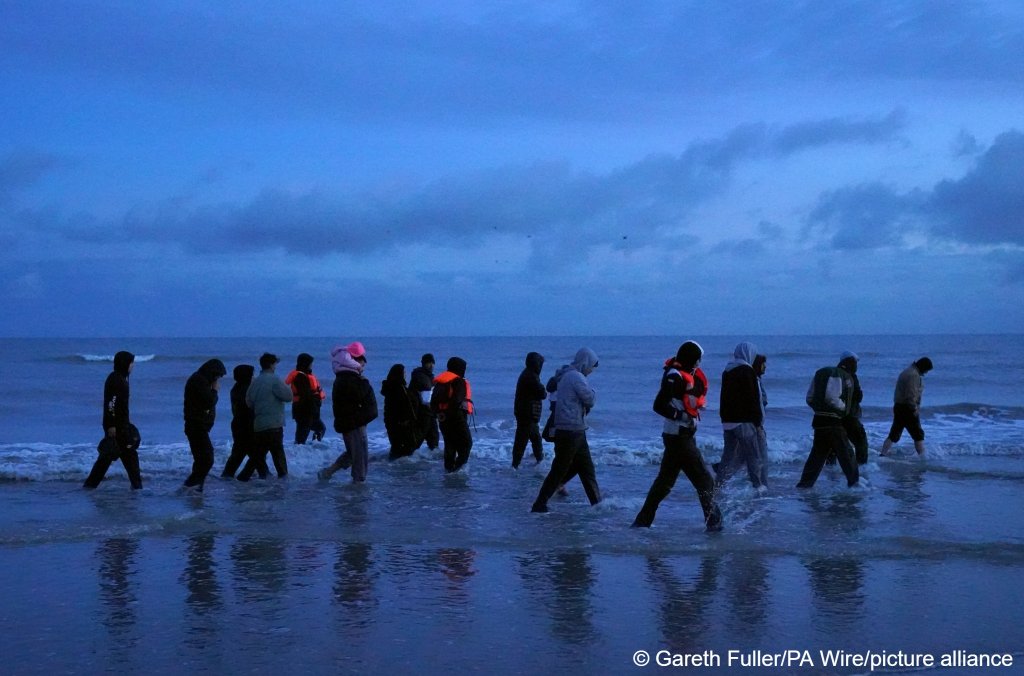
On Sunday, the Home Office said in a statement that 16 small-boat arrivals had been returned to France last week -- the largest group so far -- bringing the total number of returns to 42. To date, 23 asylum seekers have been transferred to the UK under the reciprocal "one in, one out" arrangement, and one migrant has already made his way back to the UK.
Some of those sent back to France have since been notified that their fingerprints were previously recorded in another EU country, under the Dublin Regulation -- which generally makes the first member state an asylum seeker enters responsible for processing their claim.
Read AlsoInvestigation examines why Channel crossings remain high despite punitive UK measures
UK response and policy questions
The Home Office has confirmed that at least one person sent to France under the bilateral returns arrangement has since re-entered the UK. InfoMigrants contacted the Home Office with a list of questions about that case for this article, but has at the time of publishing had not yet received a response.
A Home Office spokesperson previously said: "We will not accept any abuse of our borders, and will do everything in our power to remove those without the legal right to be here. Individuals who are returned under the pilot and subsequently attempt to re-enter the UK illegally will be removed."
The UK government has sought to focus on tackling people-smuggling networks, placing the blame on organized crime while attempting to distance itself from the dehumanizing rhetoric of its Conservative predecessors. However, its policies have not necessarily proved more focused on human rights.
Last month the new Home Secretary Shabana Mahmood described small boat crossings as "utterly unacceptable" and accused the people smugglers behind them of "wreaking havoc on our borders."
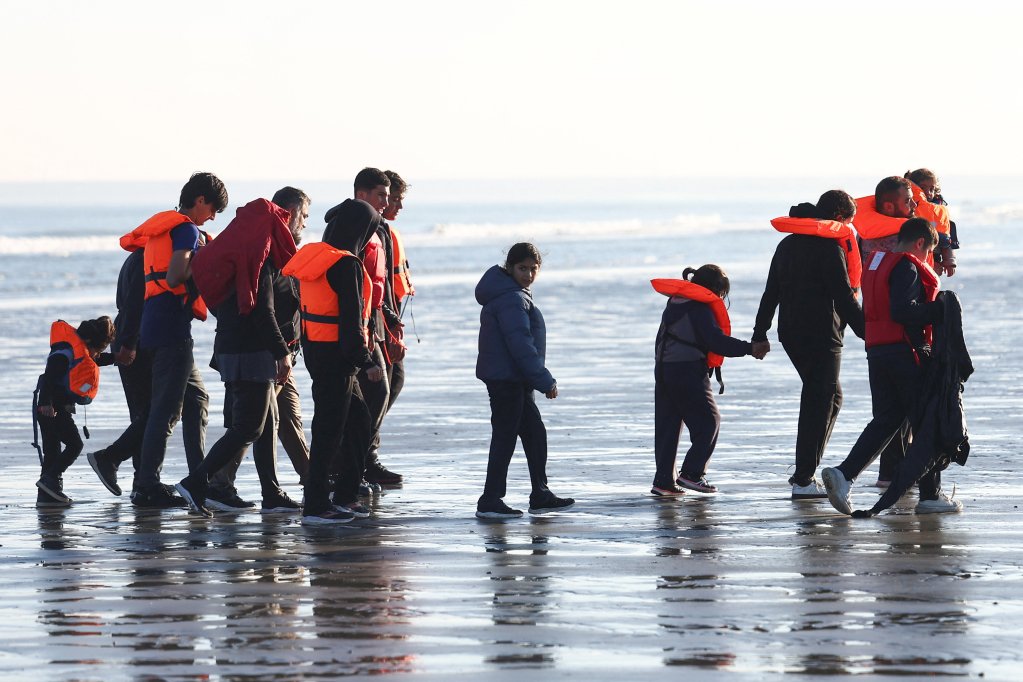
Harris tells InfoMigrants the returns scheme "was only ever going to force people to make additional dangerous journeys. It will not deter people, it will only generate more crossings, increasing the risk of serious injury or death. People have a right to claim asylum in the UK, but no safe way to do so."
Experts say the episode highlights the fragility of the new partnership with France, as well as the contradictions within the UK’s migration strategy.
Harris argued that safeguards for trafficking survivors and others who have experienced "forms of extreme human cruelty" are being stripped away.
"People are being detained and removed despite having endured this treatment," she said. "Access to legal advice in detention is incredibly limited, and...of poor quality. Trafficking indicators are not being fully explored and regular negative NRM decisions are made after rushed interviews carried out with distressed people detained."
Read AlsoBritain plans radical changes to immigration law amid far-right pressure
Broader implications
France’s hesitation to intervene more forcefully at sea -- driven by legal, moral, and political concerns -- complicates UK efforts to reduce crossings.
Officials in both countries privately acknowledge that fully stopping small boats would likely require riskier tactics that could lead to deaths and potential criminal liability for French officers.
"Whilst there are no safe routes for people to reach the UK and claim asylum, people will continue to cross risking their lives," Harris said. Explaining that "where a person returns they do so because they did not access the protection they need elsewhere in Europe."
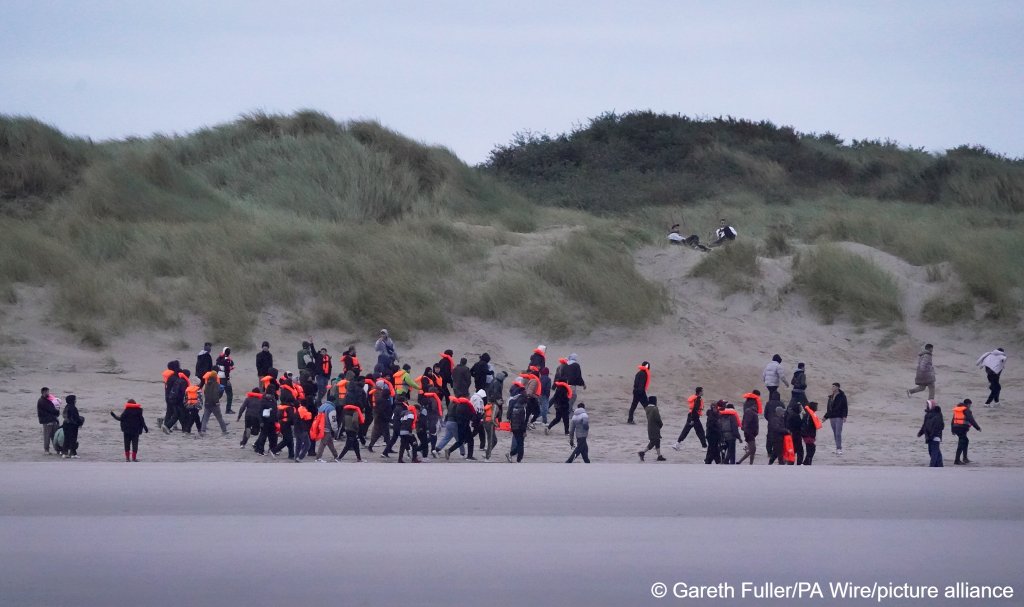
The French interior ministry, meanwhile, rejected claims that returnees face poor conditions, saying they are accommodated while their cases are assessed, and that those who opt for voluntary return to their home countries are placed in a "return preparation center."
A spokesperson for the ministry said that France will implement "Dublin’ transfers" i.e. returning of asylum seekers to the European Union country where they submitted their initial application -- "within the overall framework of its migration relations with other member states, in accordance with community law.”
As debate intensifies, the Iranian man’s case has become emblematic of a wider policy paradox: a system that claims to disrupt smugglers yet may inadvertently drive asylum seekers back into their hands.
Read AlsoTough on migrants, France clears squatter camp in Calais and stops boat migrants
